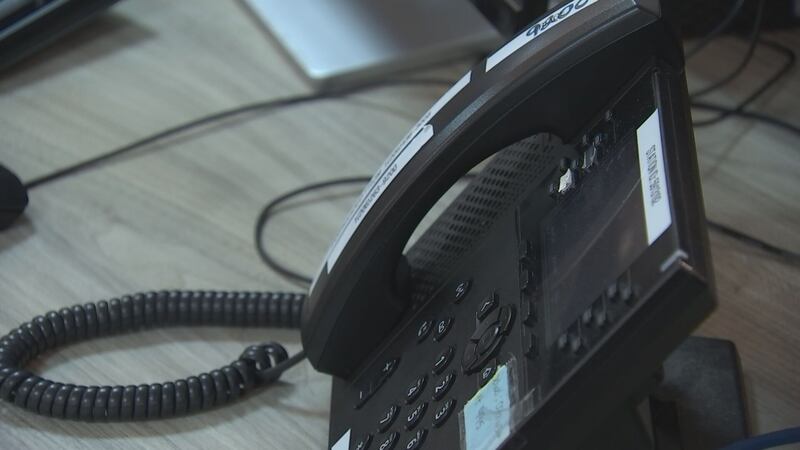A brand-new emergency suicide hotline number went live Saturday.
Remember 988. That is the new number to call anywhere in the country for anyone considering suicide or who are in the midst of a mental health crisis.
This number is meant to also replace 911 for mental health emergencies.
The hotline is designed to shift the focus away from sending police when someone is in crisis, to relying on trained mental health professionals.
Everybody involved in this rollout expects it will take time for us to get used to the new number.
That’s not so on Seattle’s Capitol Hill.
When Jimmy Lee, of Seattle, was asked if he knows about 988, he said, “Yes, the new suicide, National Suicide Hotline number.”
“I’ve been seeing some stuff in the media about it,” said Spencer Bandy, of Seattle.
That stuff they have been seeing is about 988, the new telephone number being rolled out across the country Saturday to connect anyone having a mental health crisis to someone who can help.
“It’s a big day, absolutely.” said Michelle McDaniel, CEO of Crisis Connections, one of the nation’s oldest crisis hotlines.
“We’ve been planning for this for well over a year,” McDaniel said, “which is really the conversion of the national suicide prevention lifeline from a 10-digit number to a three digit number, 988.”
Crisis Connections alone has seen a 26% increase in calls for help from around the state, compared to 2019. Mental health professionals believe creating an easier-to-remember three-digit number will allow more people to access their services, 24 hours a day.
“At the same time, there’s an opportunity here to destigmatize mental health and reaching out,” said McDaniel. “And more and more people are being able to not feel shame when they talk about struggling with mental health issues, that you realize that if it’s not you experiencing a struggle, it’s somebody very close to you or many people close to you.”
“I think it’s good for people that are struggling, I guess, with depression and things,” said Jamal Little. “It’s good to have another resource available.”
McDaniel says 988 is also there for those who know someone in crisis and need help dealing with it.
But she says there is one piece of the response to mental health crisis that is still missing — adequate hands-on help during a crisis.
Next, the state is slated to launch the “Native and Strong Lifeline,” dedicated to serving American Indian and Alaska Native individuals who call 988.
By the way, Crisis Connections trains volunteers to help answer its calls.
If you’d like to be one of those trained volunteers, here is its website.
©2022 Cox Media Group







